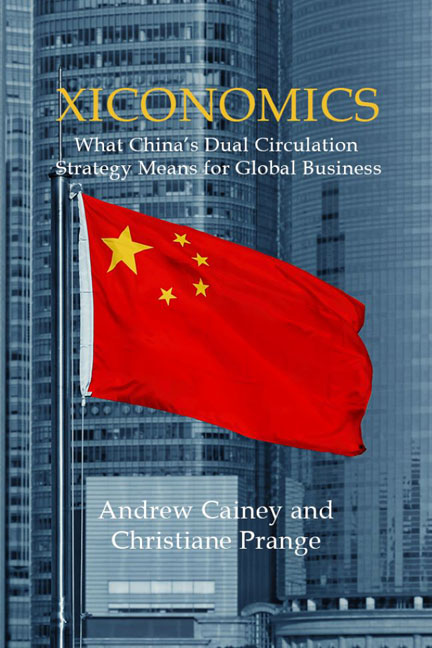Introduction
Published online by Cambridge University Press: 23 January 2024
Summary
Two years after the spread of the Covid-19 pandemic, President Xi Jinping started 2022 in expansive mood, speaking at the Davos World Economic Forum by video link from Beijing:
In two weeks’ time, China will celebrate the advent of … the Year of the Tiger. In Chinese culture, the tiger symbolizes bravery and strength … To meet the severe challenges facing humanity, we must “add wings to the tiger” and act with the courage and strength of the tiger to overcome all obstacles on our way forward … The world today is undergoing major [sic] changes, unseen in a century … The world is always developing through the movement of contradictions; without contradiction, nothing would exist … Economic globalization is the trend of the times. Countries around the world should uphold true multilateralism. We should remove barriers, not erect walls. We should open up, not close off. We should seek integration, not decoupling.
Xi's vaulting ambition shone through. His choice of words was considered and deliberate. Many listeners would not though have grasped their full meaning. This would have required a grounding in the phraseology used by the Communist Party of China (CPC). And, as always, reality has a way of bringing aspirations down to earth.
Despite Xi's appeal to remove barriers, Covid-19 had indeed brought barriers and walls. As he spoke, international travel in and out of China remained at minimal levels and subject to lengthy quarantine, even as travel was recovering quickly in the rest of the world. And, only three months after Xi's Davos speech, he was to order walls and barriers to be built within China too, as stringent lockdowns took effect in Shanghai and other cities in attempts to stave off the omicron variant. Since the arrival of Covid-19, China and the West had been separated, moving to different rhythms dictated by the spread of the virus. Physical separation fuelled increasingly separate information streams, perceptions and attitudes.
Although Xi spoke of opening up and integration, his true ambition was more nuanced – contradictory, even. Xi seeks a China separate from the world and yet connected with it. His Davos speech mentioned the integration. It did not mention the separation. China seeks self-reliance, so that it does not depend on others, while also gaining the benefits of links to the world and, ideally, having others become dependent on China.
- Type
- Chapter
- Information
- XiconomicsWhat China's Dual Circulation Strategy Means for Global Business, pp. 1 - 10Publisher: Agenda PublishingPrint publication year: 2023

